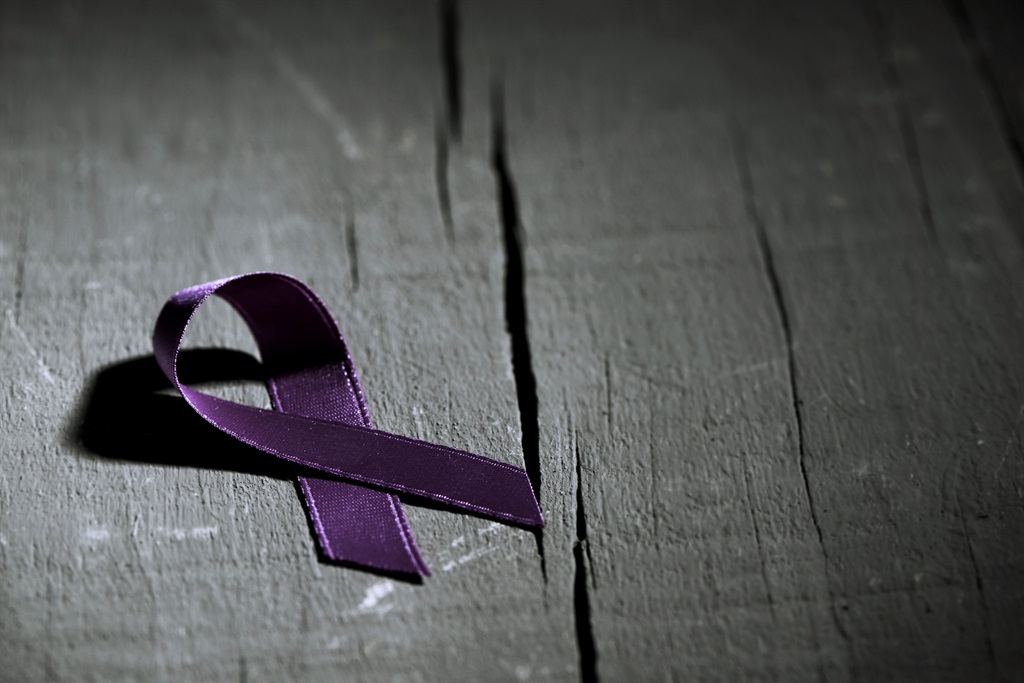
Eradicating the issues that bedevil the lives of women in the mining industry needs not just words and policies, but concerted action and intervention from companies at the highest level to the lowest, writes Minerals Council SA president Nolitha Fakude.
The scourges of gender-based violence and femicide (GBVF), sexism, racism and bullying in the South African mining sector and our broader society are well known. While they are being addressed, the recent report from Rio Tinto compels us to reflect on the depth of issues women face within the sector and forces us to consider whether we are really doing enough to resolve them.
The legal introduction of women to mining in South Africa is relatively new - just two years after the dawn of our democracy - but the journey has been a slow and difficult one for many women. Today, 26 years later, women make up just 14% of the roughly 450 000 people working on our mines.
As the number of women in mining increased, so too has the manifestation of the societal ills of GBVF, sexism, racism, violence, and bullying increased at our operations. The mining sector is not alone in dealing with this scourge and it will require a collaborative, innovative multi-party effort of all social partners and arms of government to address these problems.
As much as the mining industry can implement programmes, policies and procedures to deal with these issues, the inability within broader society to resolve these problems makes our duty to eradicate these unacceptable behaviours in the workplace an incredibly difficult task.
The Minerals Council South Africa, which has 79 member companies and associations that account for 90% of the value of mined minerals annually, launched the Women in Mining initiative in 2020 to specifically focus on how to boost the number of women at all levels of the industry and to develop guidelines to address matters like GBVF and sexism, for example.
Industry associations are like any affinity club in society - members are there to promote and protect each other’s interest to ensure that not only does the industry prosper and thrive, but to create an attractive and sustainable sector within which to invest and operate, and to be the employer of choice for the best talent a country has to offer.
This is done through the setting of standards, guidelines and protocols around behaviour and best practices for all members to adhere to and to implement. This tends to be the easiest part of the challenge: getting everyone in the association to work together to improve and set benchmarks for all members to strive for and to maintain.
At the Minerals Council, the emphasis is on members learning from each other and being supportive if benchmarks cannot be met or maintained, also by adopting ideas and strategies that generate the benefits we set out to achieve.
The Report into Workplace Culture at Rio Tinto, the Australian mining company’s voluntary and externally researched report of actions taken by the organisation on instances of sexual harassment, sexism, racism and bullying across its global operations, including South Africa, was a bitter pill to swallow.
The report serves as a powerful reminder to all of us in our organisations and associations to remain vigilant about how employees live the values that we each aspire to and have set up for the companies at which we work.
Many mining companies have put in place policies, values, and strategies to prevent GBVF, sexual harassment, bullying and victimisation in the workplace and for reporting these incidents to discipline the perpetrators of these acts.
So, why is that in the 26 years since women were allowed by law to work underground, we continue to face such blatant disregard for women’s rights to safe, fair, and respectful working environments?
What does this say about our commitment as employers to create these working environments that are free from sexism, racism and the many other isms that exist in broader society outside mine gates?
Considering the kinds of policies we implement, the training programmes we run, and the statements we make about zero tolerance for all things that do not promote employee well-being, as well enabling all employees to thrive in the workplace and live to their fullest potential, why do these deplorable acts still happen on our mines?
The views of many employees and other stakeholders on this matter is that the culture of disregarding women’s rights, and those of LGBTIQI+ colleagues, has been left to fester inside organisations because the perpetrators continue to hold power within the various levels of authority.
In mining, some perpetrators have influence over appointments and, inevitably, on promotions, allowing them to trade in sexual favours. Allocations of shifts and overtime are often dependent on formal or informal leadership underground.
These are sad realities that we must confront within our sector if we are to succeed in eradicating these atrocities.
I acknowledge too that in most, if not all, the companies in our industry, the CEO, general managers, and mine overseers will step up and hold the perpetrators responsible through disciplinary procedures, which include sanctions, dismissals and even instituting legal proceedings if necessary.
Many listed companies have audit firms independently monitoring whistleblowing hotlines that have various names like "speak up", "your voice", "asikhulume". Mining companies try to ensure that employees use these confidential communication avenues in the least threatening environment as possible to the extent that messages can be delivered anonymously.
We have come far, but there is clearly so much more still to do. Eradicating the scourges that bedevil the lives of women in our industry needs not just words and policies, but concerted action and intervention from mining companies at the highest level to the lowest, and the participation of all stakeholders and social partners to drive the message home that there is zero tolerance for GBVF, sexism, racism and bullying at our operations.
We must be relentless in our commitment to creating workplaces that are physically and psychologically safe for women and men alike. We commit to going beyond slogans and campaigns, and to ensure that the culture changes and shifts in mindset required from every single one of us is pursued and embedded. No one goes to work to be hurt or humiliated. We will work tirelessly to make this commitment a reality.
Nolitha Fakude is writing in her capacity as president of the Minerals Council South Africa and as chair of its Women in Mining Initiative.




 Publications
Publications
 Partners
Partners












